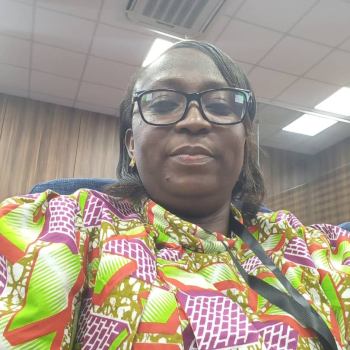Real danger or urgent necessity? Young Ghanaian’s perspectives on smartphone use in relation to academic success.

| 0209341491 | |
| eseshun@uew.edu.gh |
Real danger or urgent necessity? Young Ghanaian’s perspectives on smartphone use in relation to academic success.
Digital media devices and Internet access are conditional on people’s social, economic, and educational participation. Many people in the Global South in particular are not yet granted such access. For children and young people worldwide, the educational opportunities offered by digital media are associated with potential threats to mental health and well-being. However, young people’s views on digital media are rarely addressed, especially in the Global South. The aim is to make the positions of young people visible in the often adult-dominated discourse on digital media and to overcome adult-centered considerations in academic and public debates. In addition, the focus on young people from the Global South is intended to help make their underrepresented voices present in this discourse. Based on a qualitative thematic analysis of responses to open-ended questionnaire questions, young Ghanaians’ views on smartphone use and how it affects academic success are examined. By focusing on the subjective perspectives of young people, especially from the Global South, voices that have hardly been heard in the discourse on digital media are made audible. This should help overcome the dominant adult-centered perspectives in this discourse. Findings show that for young people in Ghana, digital media are part of their everyday lives and often necessary to succeed at school. At the same time, they are concerned about the dangers, e.g., from overuse or cybercrime, for which they have few strategies to deal with. In their answers, they refer to socio-culturally specific discourses and values as well as to generational hierarchies that they perceive and deal with, which go far beyond the topic of digital media use. This makes clear the social tensions in which the debate about digitalization is embedded. It is recommended that, young people’s knowledge of and perspectives on digital media is an important resource for learning to use them in an emancipated way. Again, through the increased use of qualitative research designs, deeper insights into the reflective appropriation of digital media can be gained by people in general as well as children and young people in particular.
